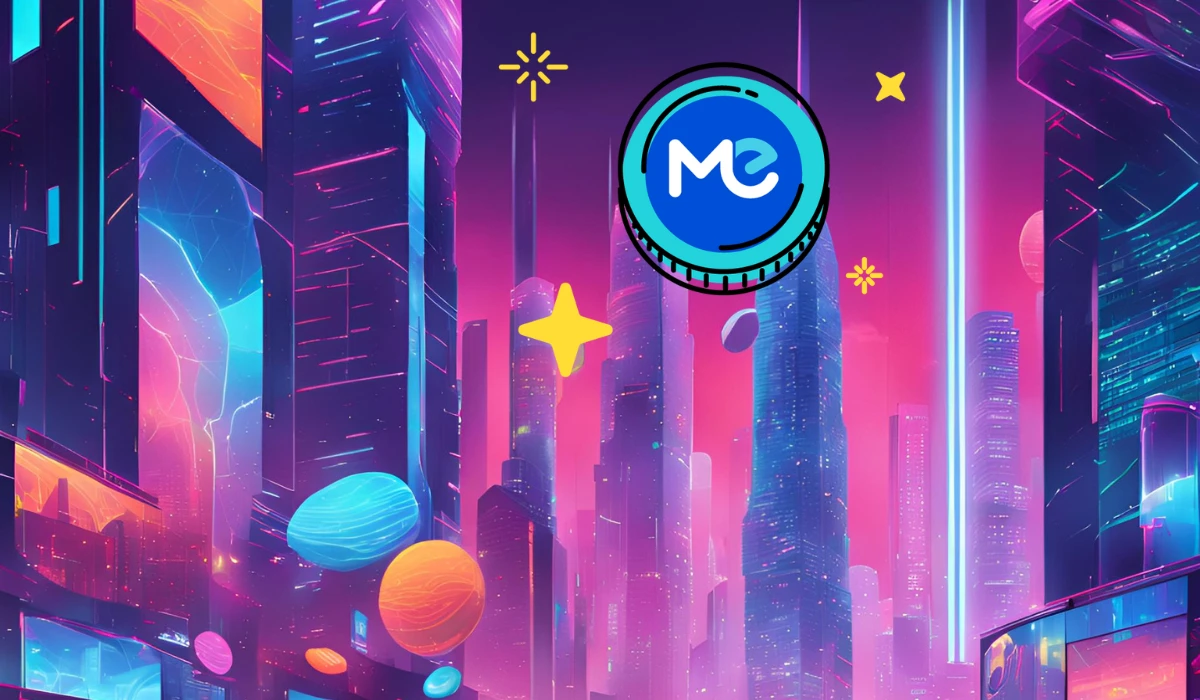The Magic Eden (ME) Foundation has announced the launch of the ME token, a new digital asset aimed at supporting Web3 consumer decentralized applications (DApps) through cross-chain trading.
In a statement shared, the ME Foundation emphasized that the primary goal of the token is to aid in the development of ME decentralized autonomous organization (DAO) protocols, emphasizing “community-led governance.”
The ME token will play a pivotal role in Magic Eden, a global platform for non-fungible tokens (NFTs) and Runes, which is set to be the first to officially adopt ME as its ecosystem token.
Enhancing Cross-Chain Trading
The ME token is specifically designed to enhance the capabilities of DApps by facilitating cross-chain trading of digital assets. While Magic Eden initially began as a Solana (SOL)-based NFT platform, it has since expanded across multiple blockchain platforms. The integration of the ME token is expected to further accelerate the platform's growth.
With Magic Eden's ongoing mobile expansion and the integration of the ME token, users will be encouraged “to trade any asset on the biggest chains at any time,” according to the press release. The release also added,
“As the NFT and digital ownership ecosystem grows, other third-party DApps will continue to use these protocols and may formally adopt $ME.”
Magic Eden's Platform Growth
The press release also highlighted the impressive growth of the Magic Eden platform, noting that it has “surpassed” $6 billion in total trading volume, accounting for over 60% of all NFT revenue.
In March, Magic Eden's surge in NFT trading volume, reaching $756.5 million, led to a 194.4% increase in monthly trading volume, allowing the platform to outperform competitors like Blur, which recorded $530.4 million in trading volume.
The NFT Market's Challenges
Despite the success of platforms like Magic Eden, the broader NFT market has faced significant challenges. During the peak of the NFT hype cycle, collections like CryptoPunks and Bored Apes saw rapid growth from 2021 to 2022. However, the market capitalization, which reached $526 billion in May 2022, has since plummeted to around $18 billion as of August 21, marking a 97% decline in value.
A report by dappGambl in September 2023 further highlighted the struggles faced by the NFT market, revealing that out of 73,257 NFT collections, 95% had market caps of 0 Ether, indicating significant value loss for investors.








